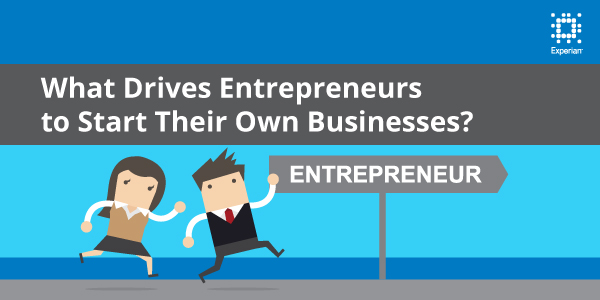
In America, entrepreneurs can earn rock star status. From Thomas Edison, Dale Carnegie and Henry Ford to Steve Jobs, Mark Zuckerberg and Elon Musk, Americans deeply respect and even idolize those men and women who start from nothing to build vast fortunes through a combination of ambition, vision, creativity and perseverance.
Certainly the free enterprise system has provided more than enough opportunities for both success and failure — to give our country’s entrepreneurs the drama a good rags-to-riches story demands. The need to raise capital, build a winning team, market new and untested products or services, fend off aggressive competitors, and overcome inevitable reversals of fortune are part and parcel of the entrepreneurial experience. However, the odds for success are not good. Historically, about a third of all businesses fail in their first two years, and only about half of start-ups make it beyond five. [1]
With so many factors weighing against new companies you have to wonder, why bother? What drives entrepreneurs to risk it all and start their own businesses?
The reasons entrepreneurs take the plunge tend to be as varied as the people themselves. Commonly cited reasons include:
Independence. Traditionally, entrepreneurs like to blaze their own trails. They want to establish their own priorities, set their own schedules, and do things “their way.” Although some may have problems dealing with authority, most entrepreneurs simply like the idea of taking on the responsibilities – and reaping the rewards – only possible when the business is yours.
Building Wealth. When you work for somebody else, you’re doing just that: Working for the benefit of another person. The only way to make real money is to turn that around, to get other people to work for you. Entrepreneurs understand how wealth is generated in the free enterprise system and recognize that ownership is the surest and fastest way to financial independence.
Impact. Steve Jobs famously said that he wished to “make a dent in the universe.” Many entrepreneurs are driven by the same desire to “make a difference,” to change the world or, at the very least, disrupt their industry. Certainly, the most celebrated American entrepreneurs of the last 150 years have indeed changed for the better the way people live, work and play all around the world.
Legacy. There is a universal desire to be remembered. To ensure their legacies, the pharaohs of ancient Egypt built pyramids. While few people today think in terms of giant stone monuments, they do attempt to secure their places in history through building companies that will stand the test of time – and pass wealth down to their heirs. The foundations, institutions and charities that bear the name of some of our most successful entrepreneurs – both living and deceased – represent another form of the immorality so many people pursue.
Security. At first glance, starting a business from scratch seems like the riskiest of propositions. At the same time, the effort can also bring unparalleled security. After all, if you’re in charge, you can’t be laid off.
Many of these examples are also echoed by several entrepreneurs that Experian reached out to, to learn what motivated them to leave the security of corporate jobs and strike out on their own.

“The culture where I was working changed significantly. Plus, I was tired of making other people rich,” said Rieva Lesonsky, founder and CEO of GrowBiz Media. “Today, the decisions I make, good or bad, are mine. I’m not punished because someone doesn’t know what they’re doing. If I knew back in 2008 what I know now, would I do it again? In a New York minute!”

Brian Moran, founder and CEO of Brian Moran & Associates, tells a similar story. “I spent half my professional career in corporate America and half of it as an entrepreneur. I realized in my last stint in corporate America that some people were just born to be entrepreneurs; I am one of them,” he continued. “I love what I do. I get to help other entrepreneurs run better businesses. Every day, when my feet hit the floor, I am excited for the day to start. It’s never dull or boring.”
Moran also has advice for would-be entrepreneurs about timing when it comes to launching a new enterprise. “The worst time to start a business is when you aren’t mentally and physically prepared for the ride,” he said. “If you haven’t created a real plan of action for your company, then it will only be a matter of time before you hit an obstacle or bump in the road that will start your downfall. Don’t waste your time, money and other resources starting a business if you aren’t 100 percent committed to making it a success.”
Are you an entrepreneur? Tell us your story by posting a comment or tweet at @experian_b2b, we would love to hear about your business.
